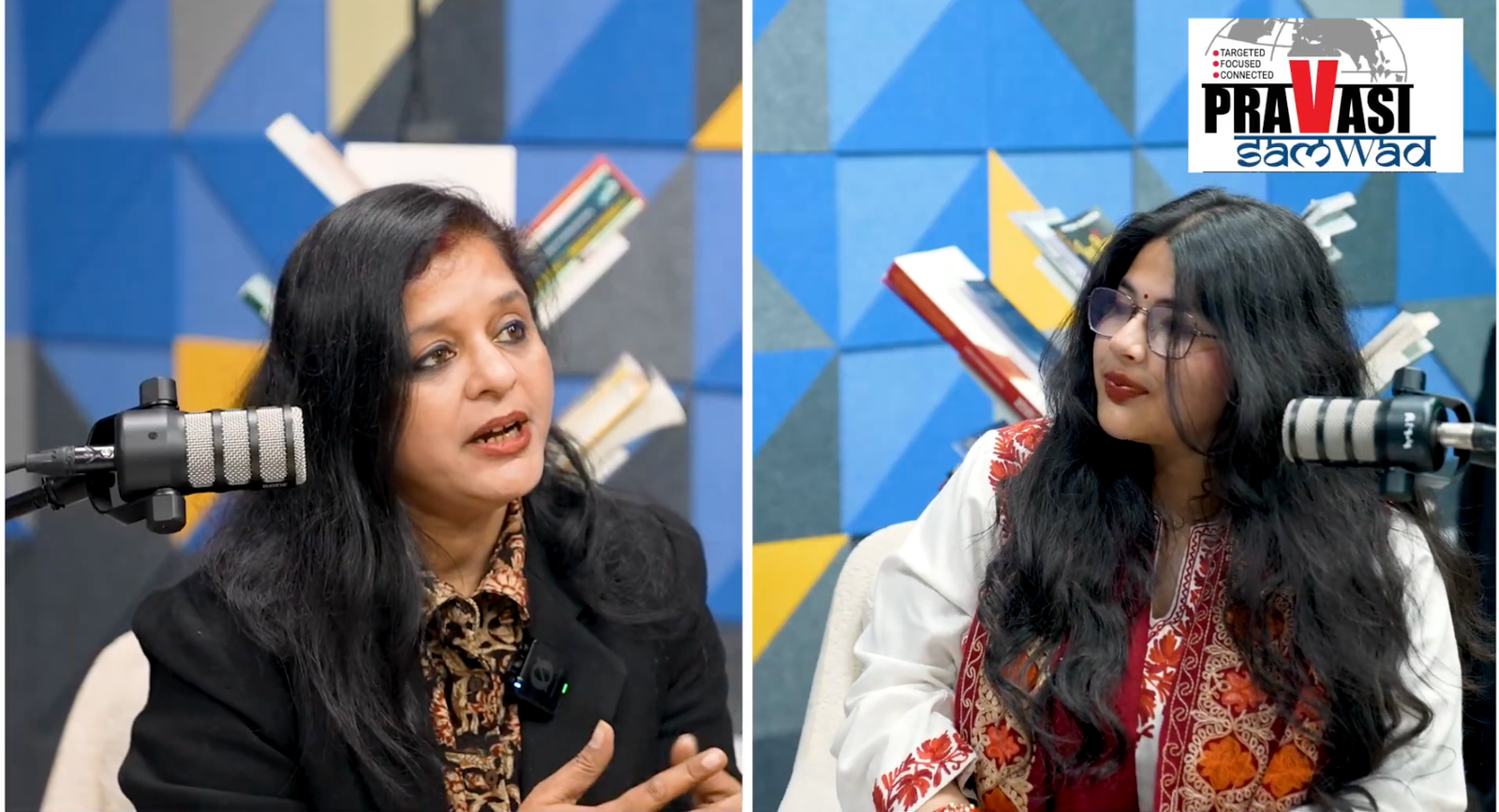Invokes ‘apparent authority’ doctrine; says university can’t disown official acts to detriment of students
The Punjab and Haryana High Court has regularised the admission of a law aspirant under Panjab University’s NRI quota, ruling that administrative lapses within the institution cannot be allowed to harm genuine applicants. The court invoked the doctrine of apparent authority in holding the university accountable for its official communications, reported tribuneindia.com.
Court slams Panjab University for penalising student over internal mismanagement
The verdict came in response to a plea filed by Anshiv Berry, who had applied for a five-year integrated BA/BCom LLB (Hons) course under the NRI quota. Despite applying within the extended deadline announced via a public notice, Berry was listed as a “late applicant” in the provisional merit list, effectively threatening his admission. The university argued that the Dean International Students lacked authority to extend the deadline.
Rejecting this defence, the Bench of Chief Justice Sheel Nagu and Justice Sumeet Goel ruled that internal confusion or delegation issues cannot be used to inflict undue hardship on external candidates who acted in good faith.
“To permit the university to now disown its own official act on the plea of procedural irregularity would be wholly antithetical to the principles of natural justice,” the court observed
Doctrine of ‘apparent authority’ protects student’s right to fair admission
The court held that once a notice or circular is issued by a senior university office, students cannot be expected to question its legitimacy or verify internal authorisations. “This pertains exclusively to the internal administrative framework of the institution and cannot justly be imputed to external parties,” the judges stated.
The ruling effectively quashed the university’s September 28, 2022 provisional merit list that labelled Berry a late applicant. The court declared that the student’s application, submitted on September 5 in response to a public notice extending the deadline to September 9, was well within time.
Senior advocate Gurminder Singh, representing Berry, contended that the student was eligible under the NRI quota and had been unfairly classified, resulting in an arbitrary denial of his admission rights.
The ruling has significant implications for public institutions, reinforcing that institutional accountability cannot be bypassed at the cost of bona fide students.











